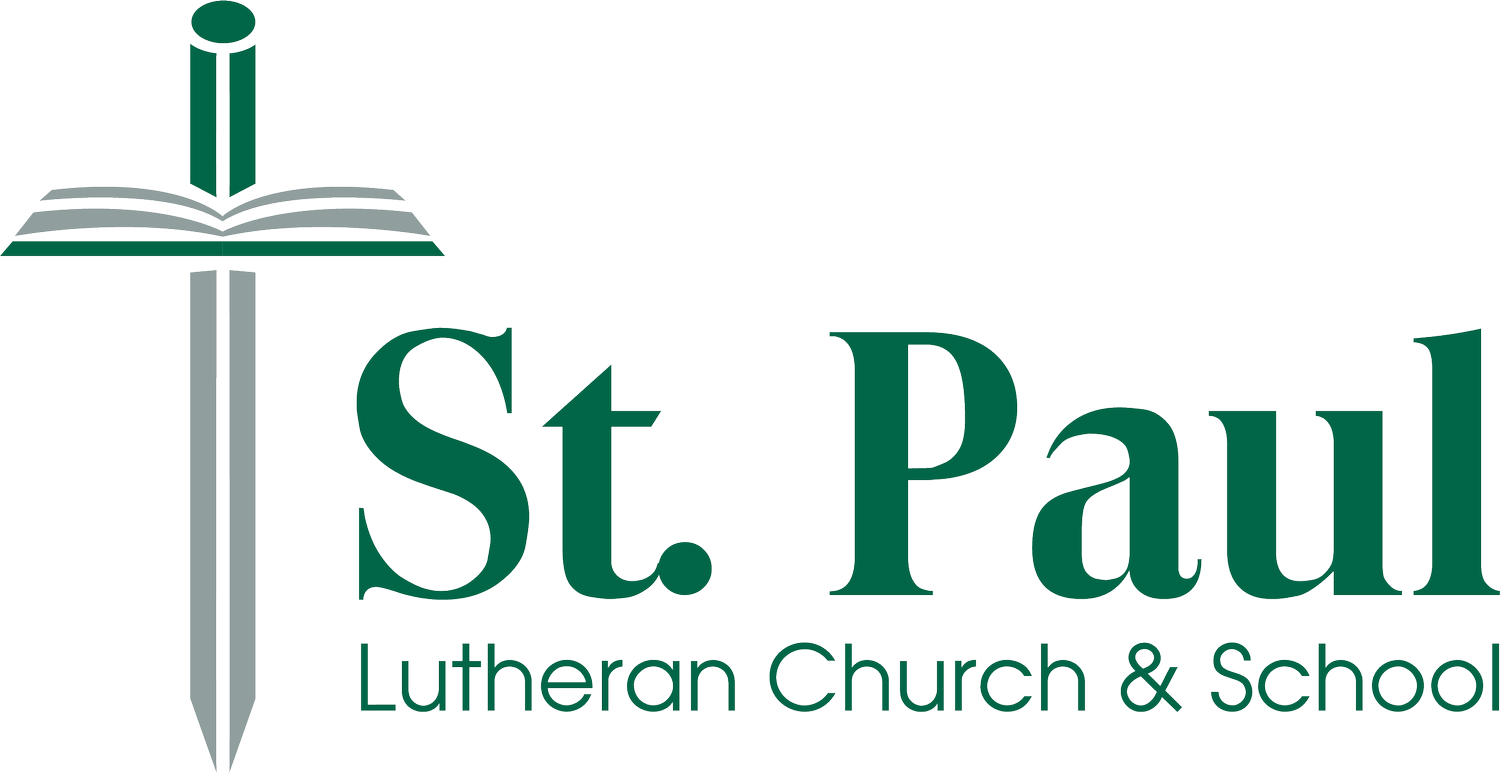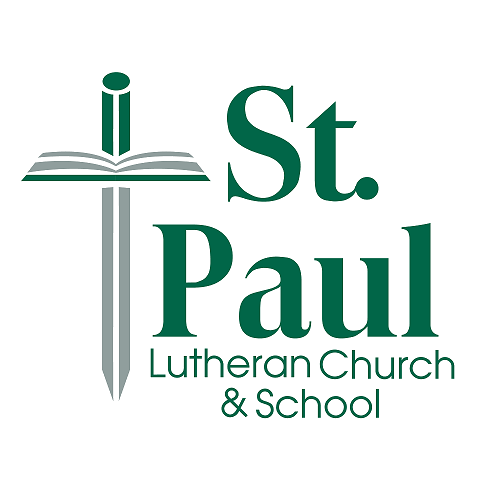Christmas—A Savior, Christ the Lord
The Word became flesh and dwelled among us. We have seen his glory, the glory he has as the only-begotten from the Father, full of grace and truth. (John 1:14)
The Advent anticipation has reached its climax. The preparations are complete. It's time to celebrate Christmas! Of all the Christian festivals, Christmas is certainly the one that has most readily been adopted by the secular world, at least in name. Sadly, the world's so-called Christmas celebrations never get to the true meaning of Christmas. Even when the world focuses on virtues like love and generosity, it does not proclaim the central message of Christmas. That is the work given by God to his Church at Christmastime and throughout the year.
We proclaim and celebrate the good news announced by the angel to the shepherd's outside Bethlehem—a Savior has been born, who is Christ the Lord. At Christmas we celebrate the birth of our Savior, which reminds us we need to be saved. All mankind was lost in our sinful condition, unable to set ourselves free from captivity to sin, unable to raise ourselves from spiritual death. So God sent a Savior, to free us from sin and guilt, to raise us to new and everlasting life. That Savior is the Christ, the Messiah, God's Anointed One. He is the one specifically appointed by God for this mission. And the wonder above all wonders, the Savior that God sent, his Anointed One, is the Lord himself. The eternal Son of God took on our human nature to live, die, and rise again for us.
It is the monumental event of our Savior's birth, and all that he is and all that he came to do, that we celebrate at Christmas. Some of the other names for this festival reflect the marvelous mystery we celebrate. It is the Nativity of Our Lord—the birth of the Lord Jesus. It is the Festival of the Incarnation—God himself took on our human flesh. On Christmas Eve, we focus on the events of Jesus' birth; the Gospel appointed for the evening before Christmas is Luke 2:1–20. On Christmas Day, we marvel at the mystery of Christ's incarnation; the Gospel for Christmas Day is John 1:1–18.
While December 25 is usually the end of the world's Christmas celebration, it is just the beginning of the Church's. The Christmas season extends over twelve days, leading up to the festival of the Epiphany of Our Lord on January 6. There can be one or two Sundays after Christmas; on these days we usually hear from the gospel writers about other events surrounding Jesus' birth. For example, this year on the First Sunday after Christmas, we will read the account of Jesus being presented to the Lord in the temple (Luke 2:22–40) and reflect on the peace Jesus brings, which Simeon proclaims in his song of praise.
The Christmas angel brought good news of great joy. We continue to proclaim that good news at Christmas and throughout the year. Our Christmas celebrations are often a time to get together with family and friends and to share gifts. May these festive celebrations remind us of the greatest gift we have ever received—the gift of God's very own Son, who has made us children of God.
Christmas
Etymology of Name: Christ + Mass ("mass" is sometimes used as a generic word for a celebration)
Seasonal Color: White (holiness and purity)
Duration: Evening Prayer on December 24 through January 5 (the Twelve Days of Christmas)

